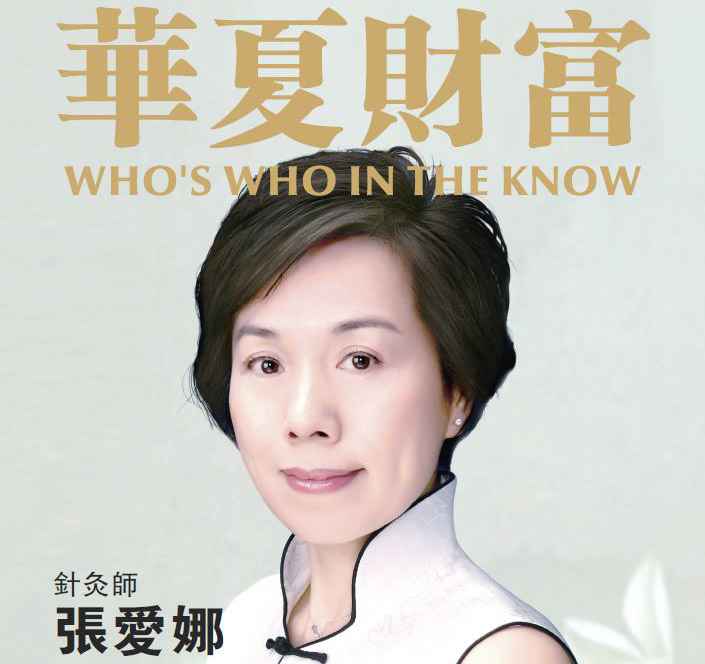Acupuncture has been increasingly used as an alternative and complementary treatment for female infertility, in recent years. However, the significant therapeutic potential of acupuncture, in the treatment of male infertility, is still largely unknown. Male factors are contributory in at least 50% of infertile couples (Collins, 1989), and yet it is notoriously difficult to treat. There are several non-surgical therapies, but the current trends is toward using micro-surgical techniques, such as ICSI, MESA and TESE, which exclusively use the best few sperms of however poor quality1.
Presently, there are a few dozens of published clinical studies published to support this ancient therapy in the treatment of male infertility. The results of these clinical studies are encouraging and have shown significant potentials to increase both the quantity and quality of sperm.
In my clinical observation, male infertility patients generally respond slower but better than their female counterparts. Since the sperm may take two and half months to form, the effectiveness of the treatment for certain conditions could only be assessed after three to six months.
On the other hand, I have observed that male patients are, unfortunately, much less likely to follow the full course of treatment. It is unclear if this phenomenon is due to lack of information, education or willingness to try an unfamiliar alternative treatment.








